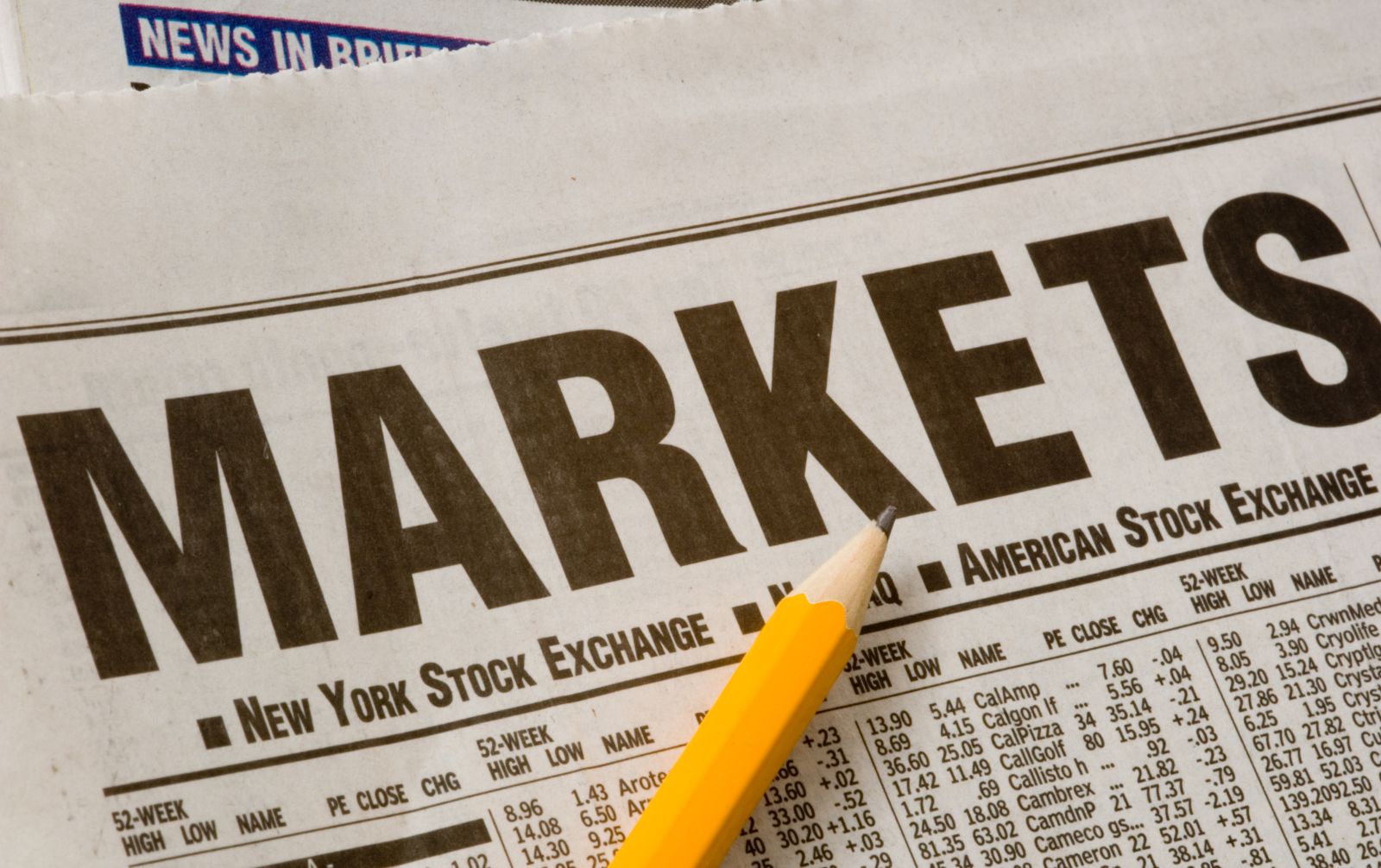
An IPO stands for Initial Public Offering. It refers to the process by which a company offers its shares of stock to the general public for the first time. It is a way for a company to raise capital by selling ownership stakes in the form of shares to external investors, typically through a stock exchange.
In an IPO, a company hires investment banks or underwriters to help with the process. These underwriters assist in determining the initial share price, preparing the necessary legal and financial documents, and marketing the shares to potential investors. The shares are then offered to the public through the stock exchange, and individual investors can buy and trade these shares.
An IPO is considered a significant event for a company as it provides an opportunity to raise substantial funds for business expansion, debt reduction, or other corporate purposes. It also allows the company's shares to be publicly traded, which can provide liquidity for existing shareholders and potentially increase the company's visibility and credibility in the market. However, going public through an IPO also involves extensive regulatory compliance, increased public scrutiny, and potential changes in the company's ownership structure and management dynamics.
Initial public offerings have been an excellent wealth-creation tool for years, but the story has changed thanks to inflation and recession fears.
The last quarter was the worst market for IPOs in over two decades. In the U.S., twenty-nine IPOs raised just $2.3 billion, eight of which raised $100 million or more. Eleven IPOs by SPACs raised $797 million, and four venture capital-backed companies raised about $584 million. This is a far cry from Airbnb's (ABNB) $47 billion IPO in 2020 and Rivian's (RIVN) $11.9 billion IPO in 2021.
“Venture capital firms don’t want to exit their portfolio companies in this market because the valuations will be too compressed,” says 30-year market veteran Jeff Brown. “It’s not worth bothering unless they believe the outcome would be worse if they kept the company private longer,” Jeff explains.
The Fed must lower interest rates for IPOs to come back to life. This is why a massive backlog of venture capital-backed companies are lined up to go public. When the Federal Reserve pivots, we could witness a significant IPO frenzy. However, this will not likely happen anytime soon, as most experts believe that rates will only continue higher in the months ahead.
Purchasing shares in an IPO is tricky. The first offering is reserved for large investors, such as hedge funds and banks. Still, clued-in investors who buy shares right after an IPO often see substantial returns.
On the date of publication, Andy Mukolo did not have (either directly or indirectly) positions in any of the securities mentioned in this article. All information and data in this article is solely for informational purposes. For more information please view the Barchart Disclosure Policy here.






